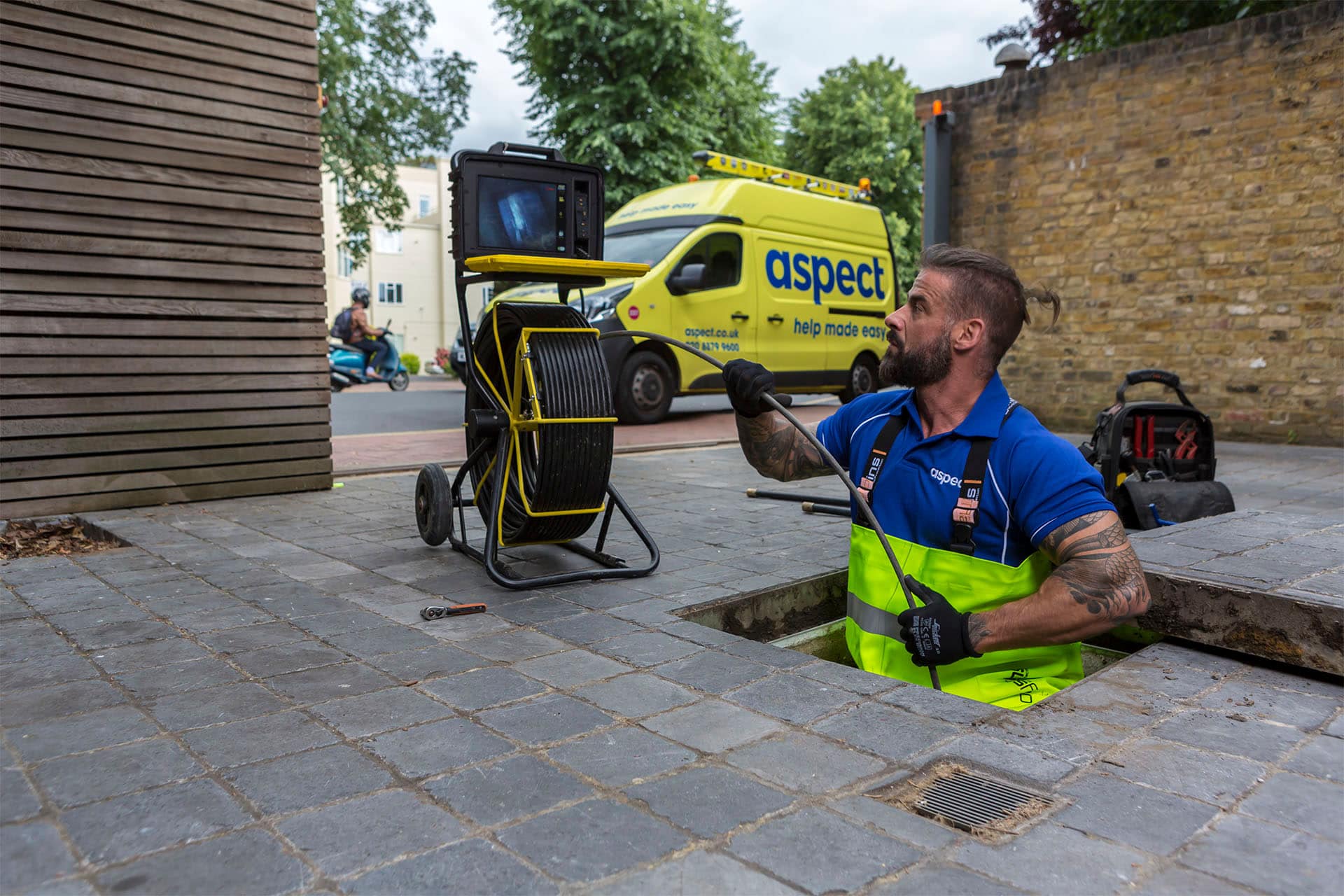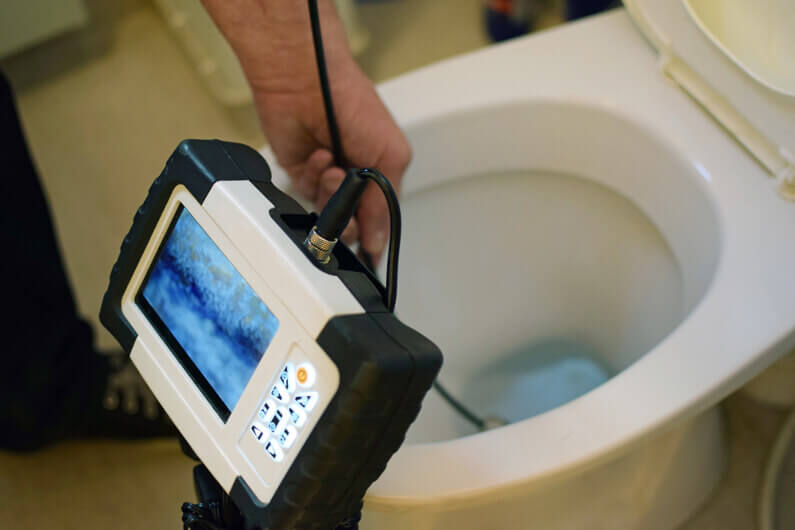Steps to Take for Fixing a Blocked Drain Before Reaching out to Professional Plumbers
Steps to Take for Fixing a Blocked Drain Before Reaching out to Professional Plumbers
Blog Article
We've found this post involving 8 Tips For Clearing A Blocked Drain directly below on the net and decided it made good sense to relate it with you over here.

Introduction
Managing an obstructed drainpipe can be an irritating experience, disrupting daily tasks and possibly triggering damages to your building. Nonetheless, before connecting to plumbing professionals, there are actions you can take to attend to the concern on your own. In this guide, we'll explore do it yourself options and preventive measures to take on an obstructed drainpipe properly.
Identifying the Concern
The primary step in attending to an obstructed drain is acknowledging the signs. Slow water drainage, gurgling sounds, foul odors originating from drains pipes, or water backing up are common signs of a blocked drainpipe. Identifying these indications early can help prevent further difficulties.
Typical Causes of Blocked Drainpipes
Comprehending the factors that contribute to drain pipes blockages is important for effective resolution. Typical culprits consist of hair, soap scum, oil, food particles, and foreign items like sanitary items or paper towels. Tree roots getting into underground pipelines can additionally cause significant blockages.
DIY Solutions
For small obstructions, numerous DIY options can be efficient. Putting boiling thin down the drainpipe can assist liquify grease and particles. Baking soda and vinegar or a combination of salt and baking soft drink can act as all-natural cleaners. Using a plunger or pipes snake to remove obstructions is another choice.
Tools and Devices
Having the right tools available can make do it yourself drainpipe cleaning up a lot more reliable. A plunger is a functional tool for clearing clogs in sinks, commodes, and showers. A plumbing serpent or auger can reach much deeper blockages, while drainpipe cleaning chemicals can be used very carefully for persistent clogs.
Preventive Measures
To stay clear of future clogs, embracing safety nets is important. Mount drainpipe guards or filters to capture hair and particles before they enter the pipes. On a regular basis flush drains with hot water to liquify grease build-up, and stay clear of throwing away oil or strong waste down the tubes.
When to Call an Expert
While DIY options can solve minor obstructions, specific indications show the need for specialist support. Relentless blockages, foul odors in spite of cleaning initiatives, or several drains pipes backing up simultaneously are warnings that necessitate professional treatment.
Picking the Right Pipes Service
When selecting a pipes service, think about factors such as experience, licensing, and consumer reviews. Select a respectable plumbing technician with a track record of quality workmanship and transparent rates techniques.
Price Considerations
The price of professional drainpipe cleaning services can vary depending on the seriousness of the clog and the plumbing's rates. Request quotes from several companies and ask about any additional charges to make certain openness and avoid surprises.
Safety Measures
When trying DIY drainpipe cleansing, focus on safety and security. Put on protective gloves and glasses to avoid contact with hazardous chemicals or germs. Never ever mix different drainpipe cleansing items, as this can generate dangerous fumes.
Instance Studies
Real-life instances show the performance of do it yourself services and the value of prompt professional treatment in settling drainpipe clogs.
Conclusion
By complying with the suggestions outlined in this guide, you can efficiently deal with obstructed drains and protect against future pipes issues. Whether opting for DIY options or looking for specialist support, punctual activity is vital to keeping a healthy and balanced plumbing system and preserving the honesty of your home.
TIPS FOR CLEARING A BLOCKED DRAIN
One of the most common plumbing issues or problems experienced within Australia are blocked drains. Occuring at any moment in time, leaving a blocked drain can lead to more severe difficulties. Such as water leaking from pipes, learning how to deal with this concern is important so you know how to fix the issue. At Optical Plumbing Service we provide the most exceptional service when knowing how to source and resolve blocked drains. With our experienced knowledge, here are some useful guides on how to personally deal with blocked drains.
Boiling Water
If a metallic or ceramic pipe is blocked, this method can resolve the issue. Simply pouring boiling hot water down the drain can dissolve the blockage that is ruining the pipe. This method, if successful, allows for expenses to be ignored and not as much work involved. For pipes that are made from PVC (or Polyvinyl chloride), boiling water will loosen the joints of the pipe. This is unwanted, therefore, directly pour hot (NOT boiling) tap water down the drain to remove grease or a build-up of leftover food.
Bent Wire Hanger
By using a wire or anything alike, bending it to make it as straight as possible with a small hook at the end is this process. By placing it in the drain,you are able to pick up any of the blockage, like hair. This is not the most effective method, yet, can eliminate most of the solids that are blocked and in range.
Plunger
A plunger may be used as you would unclog a blocked toilet. To get a strong seal, cover any overflow spouts before the plunging process begins. The method to plug will be by using up and down motions/ pressure to loosen the blockage. This type of unblock-age drain procedures is good for solid masses in the drains, yet, not efficient at grease or other substance build-ups
Self-Assembled Natural Cleaner
By using the substances of bicarb soda (baking soda) as well as white vinegar can potentially dissolve unwanted blockage. The combination/ chemical reaction of the two products creates oxygen which cleans and clears the inside of the drains/ pipes. Firstly pouring the bicarb soda then followed by the white vinegar will cause the chemical reaction (careful to cover the drain so bubbles do not fly up). Repeating this process is common, yet, it is effective to clear out the blocked drain. Also, flushing the pipe with hot water after the process is completed will be important to prevent residue to build-up.
Corrosive Cleaner
Caustic cleaner may be utilised in order to dissolve hair, grease, food and other blockage. It can be purchased at a supermarket or local hardware store. However, this type of process will be extremely harmful to the environment due to all the chemicals involved. Additionally, it is limited to not have the power to dissolve solid masses like small household items or tree roots. If continuing to use this cleaner, be careful to wear gloves, protect skin and eyes and flush the pipes after finishing with water.
Hydro-jet
This method has a powerful blast of water to stream through the blocked pipes and drains. This is because the pressure the water makes forces the amounts of obstruction to be eliminated. Hydro-jet is not as effective in getting rid of solids, however, it is safer and causes less damage than other methods. A professional and qualified plumber is advised to do this work so the pipes can be cleaned properly.
https://optimisedplumbingservices.com.au/plumbing-insights/8-tips-for-clearing-a-blocked-drain/

I stumbled upon that write up about What I learned from trying to deal with a clogged drain when perusing the search engines. Sharing is caring. Helping people is fun. Thanks for your time. Revisit us soon.
Click Here Report this page